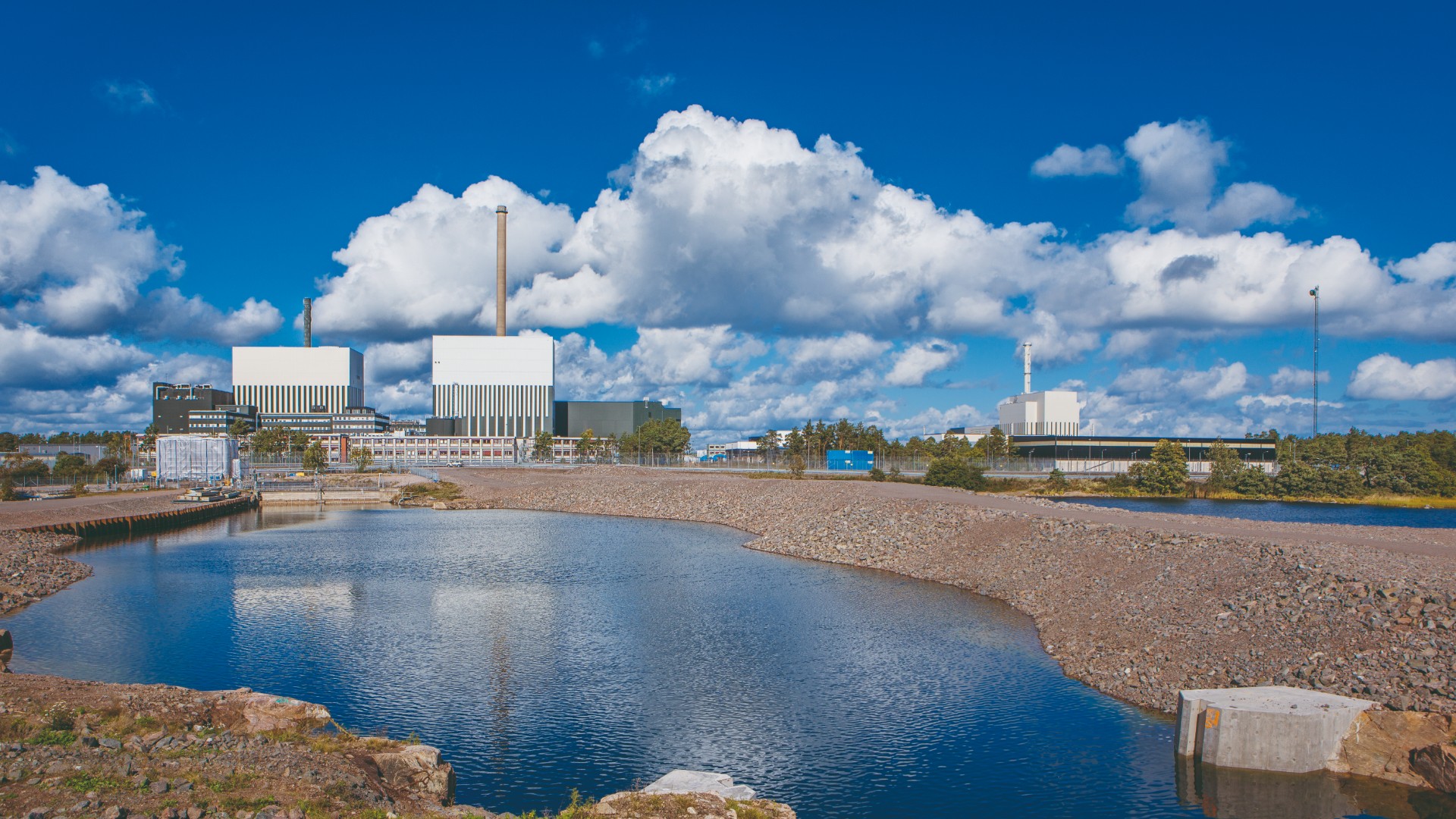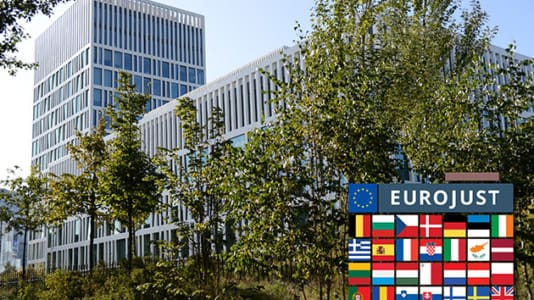Sweden’s center-right government has reaffirmed its commitment to widescale investment in nuclear power, announcing a rollout of up to 10 nuclear reactors across the country by 2045.
During a joint press conference by several government ministers on Thursday, Energy Minister Ebba Busch told journalists that the government would share the costs involved in unveiling two new conventional nuclear reactors by 2035, and facilitate the construction of several more reactors over the next two decades to ensure that Sweden is self-sufficient when it comes to energy production.
Ministers explained that a radical reform of the country’s energy policy was necessary to cope with the transition to a more electrified society, citing assessments that suggested Sweden’s electricity production must double over the next 25 years.
“This is the base plate of the future electricity system. We must guarantee the availability of cheap electricity so that all citizens can sleep more peacefully during cold winter nights,” added Employment Minister Johan Perhson.
[pp id=76780]
The Swedish government has vowed to take an active role in the shift towards nuclear energy by offering financial support and incentives to stakeholders willing to take on the project at a time when the future of nuclear energy is somewhat uncertain.
“What we see from other countries is that the state needs to take an economically active role. There are risks, so whoever builds wants to know that the risk is shared by more people,” explained Finance Minister Elisabeth Svantesson.
Busch revealed that several companies including Vattenfall, Finland’s Fortum, and Germany’s Uniper had expressed interest in taking on the projects provided the right guarantees are in place.
Initiatives such as the introduction of a government nuclear coordinator, loan guarantees, and other risk-sharing measures have been discussed among coalition partners, but ministers are still somewhat light on the details of the funding model Sweden will adopt.
[pp id=93848]
Several European nations have committed to nuclear power in the aftermath of the energy crisis that hit Europe amid the Brussels-imposed sanctions on Russian gas and oil as a result of its invasion of Ukraine.
Poland, Hungary, France and Finland have all outlined new proposals to expand their electricity production via nuclear power. However, Europe’s powerhouse Germany went the other way, opting to shut down its last three remaining nuclear power stations earlier this year, a move that caused electricity prices in the country to skyrocket.
Svantesson vowed to release further details to potential investors in the near future, telling journalists, “We must provide conditions for marketability; those who build must know the conditions. And ultimately, they must be levels that are as reasonable as possible for taxpayers.”





